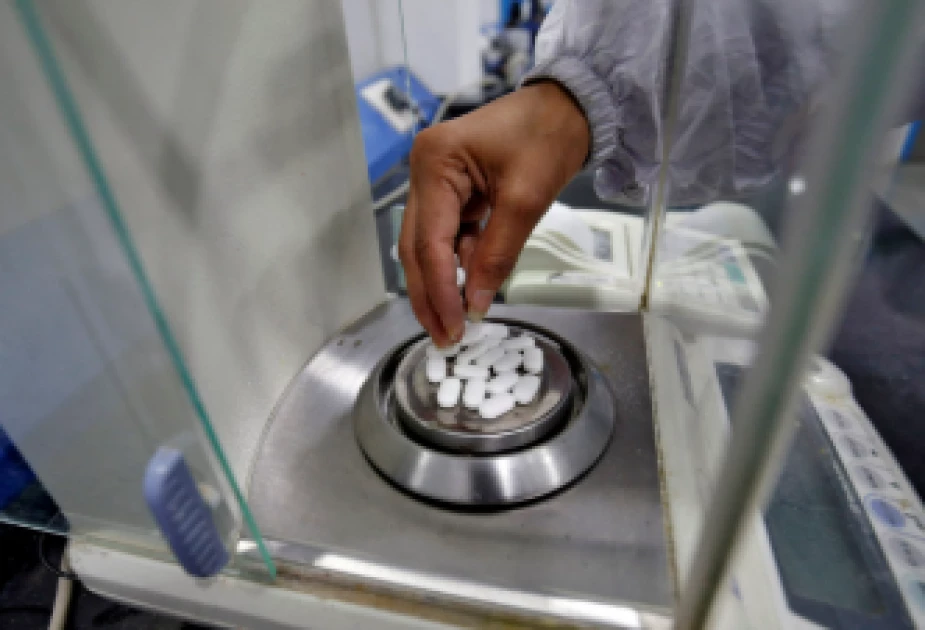Taking paracetamol during pregnancy remains safe; PPB assures Kenyans


Audio By Vocalize
In a statement on Thursday, PPB said paracetamol (acetaminophen) remains a recommended medicine for pain relief and fever in pregnant women, when recommended by a qualified healthcare professional.
“While some studies have suggested possible links between its use during pregnancy and conditions such as autism spectrum disorder (ASD) or attention deficit hyperactivity disorder (ADHD) in children, there is no conclusive scientific evidence confirming these associations. The PPB's Pharmacovigilance Division has not received any reports linking paracetamol use in pregnancy to ASD or ADHD,” the MoH states.
The medicines regulator addressed the concerns after reports that use of paracetamol during pregnancy could cause a mother to give birth to an autistic child.
Last month, United States President Donald Trump linked the use of acetaminophen during pregnancy to increased risks of autism, sparking concerns from medical experts.
Trump said the US Food and Drug Administration will notify doctors that the use of Tylenol during pregnancy can be associated with a “very increased risk of autism.”
“They are strongly recommending that women limit Tylenol use during pregnancy unless medically necessary,” such as to treat fever, “if you can’t tough it out,” said Trump.
PPB says paracetamol should be used only when necessary, pregnant women should avoid self-medication, and they should seek professional counselling.
Autism (ASD) is a diverse group of conditions related to the development of the brain. The condition is often marked by difficulty with social interaction and communication. Many autism patients also display distinctive behaviours, from difficulty shifting between activities to an intense focus on details and atypical reactions to sounds, sights, and touch.
According to WHO, nearly 62 million people, 1 in 127, have autism, yet in many low- and middle-income countries, the true incidence of the condition remains largely unknown.
Although awareness and diagnosis have improved in recent years, the exact causes of autism have not been established, and experts believe that multiple factors are involved.
A robust, extensive evidence base shows that childhood vaccines do not cause autism. Furthermore, since 1999, independent experts advising WHO have repeatedly confirmed that vaccines - including those with thiomersal or aluminium - do not cause autism or other developmental disorders.


Leave a Comment